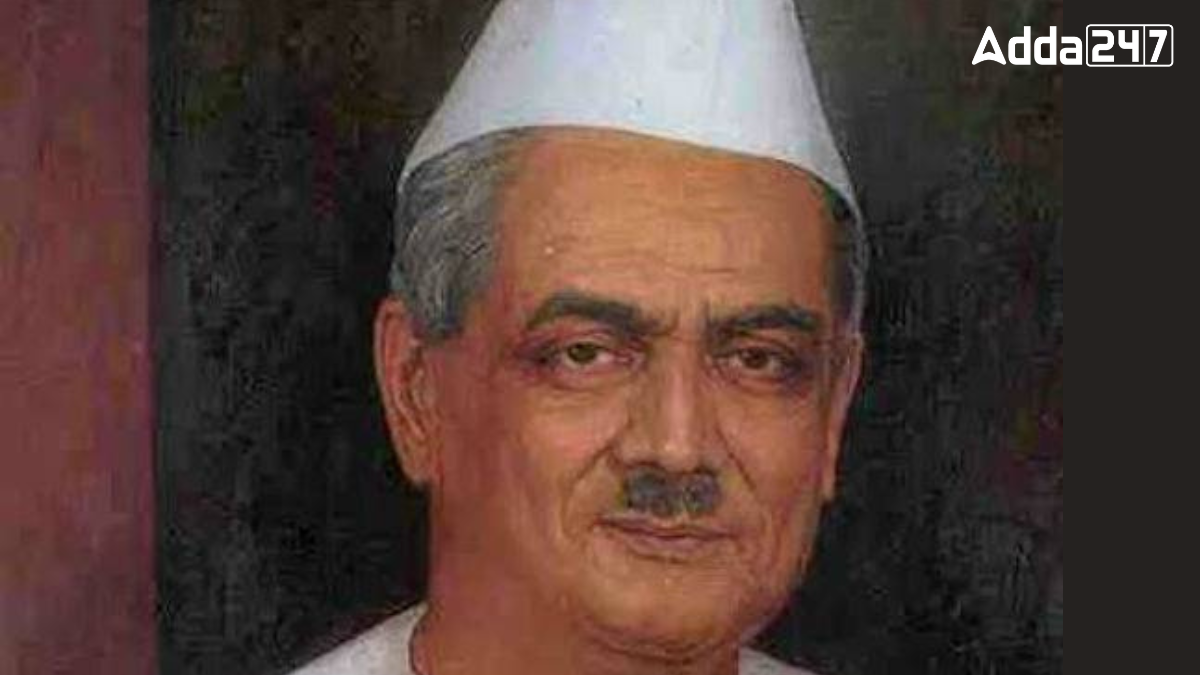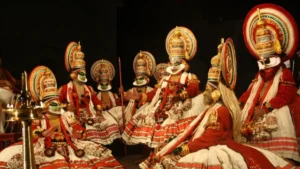Ganesh Vasudev Mavalankar, often called Dadasaheb, was an Indian politician and independence activist. His significant contributions to India’s political framework include serving as the President of the Central Legislative Assembly, the Speaker of the Constituent Assembly of India, and the first Speaker of the Lok Sabha. His political career laid foundational stones for India’s parliamentary democracy.
Early Life and Education of G.V. Mavalankar
Mavalankar was born on 27 November 1888 in Baroda, British India. He belonged to a Marathi family with roots in Mavalange, Ratnagiri district. He took his early education in Rajapur and other locations within the Bombay Presidency. In 1902, he moved to Ahmedabad for higher studies, earning a B.A. in science from Gujarat College in 1908. He further pursued law at the Government Law School in Bombay, graduating with First Class honors in 1912.
Early Political Involvement of G.V. Mavalankar
Mavalankar began his political journey as he engaged with key figures such as Sardar Vallabhbhai Patel and Mahatma Gandhi. His early roles included serving as the honorary secretary of the Gujarat Education Society and the secretary of the Gujarat Sabha. He was first elected to the Ahmedabad Municipality in 1919 and was actively involved in local governance.
Role of G.V. Mavalankar in the Indian Independence Movement
Mavalankar joined the Indian Independence Movement through the Non-Cooperation Movement. He was appointed secretary of the Gujarat Provincial Congress Committee (1921–22) and later supported Gandhi’s Salt Satyagraha in 1930. Although he briefly joined the Swaraj Party, he returned to the Congress fold as the party re-engaged with legislative councils in 1934.
Legislative and Assembly Roles of First Lok Sabha Speaker of India
In 1937, Mavalankar was elected to the Bombay Province Legislative Assembly as its Speaker. He held this position until 1946, demonstrating his leadership and parliamentary skills. Later he became a member of Central Legislative Assembly in 1946 until the Assembly’s dissolution in August 1947 due to the Indian Independence Act.
Following India’s independence, Mavalankar played a crucial role in separating the constitution-making role from legislative duties. On 17 November 1947, he was elected as the Speaker of the Constituent Assembly (Legislative), which was later renamed the Provisional Parliament on 26 November 1949. He continued as Speaker until the formation of the First Lok Sabha in 1952.
G.V. Mavalankar as the First Lok Sabha Speaker of India
On 15 May 1952, Mavalankar was elected as the first Speaker of the Lok Sabha, representing Ahmedabad for the Indian National Congress. His election was marked by a significant majority, reflecting his respected status. He held this position until his resignation in January 1956 due to health issues. He passed away on 27 February 1956 in Ahmedabad.
Educational Contributions of First Lok Sabha Speaker of India
Mavalankar was instrumental in the educational development of Gujarat. He co-founded the Ahmedabad Education Society with Kasturbhai Lalbhai and Amritlal Hargovindas. He also supported the establishment of Gujarat University, which was founded in 1949.
Legacy of First Lok Sabha Speaker of India
Mavalankar’s contributions to Indian politics and education have left a lasting impact. His wife, Sushila Mavalankar, won the by-poll for his seat in 1956 but did not contest in 1957. His son, Purushottam Mavalankar, later won the seat in 1972.
Ganesh Vasudev Mavalankar’s legacy as the first Speaker of the Lok Sabha and his role in shaping India’s legislative framework continue to be remembered as significant milestones in Indian parliamentary history.




 Which Dance Form is known as the Ballad ...
Which Dance Form is known as the Ballad ...
 Which Musical Instrument is known as the...
Which Musical Instrument is known as the...
 Which District is known as the Engineeri...
Which District is known as the Engineeri...








